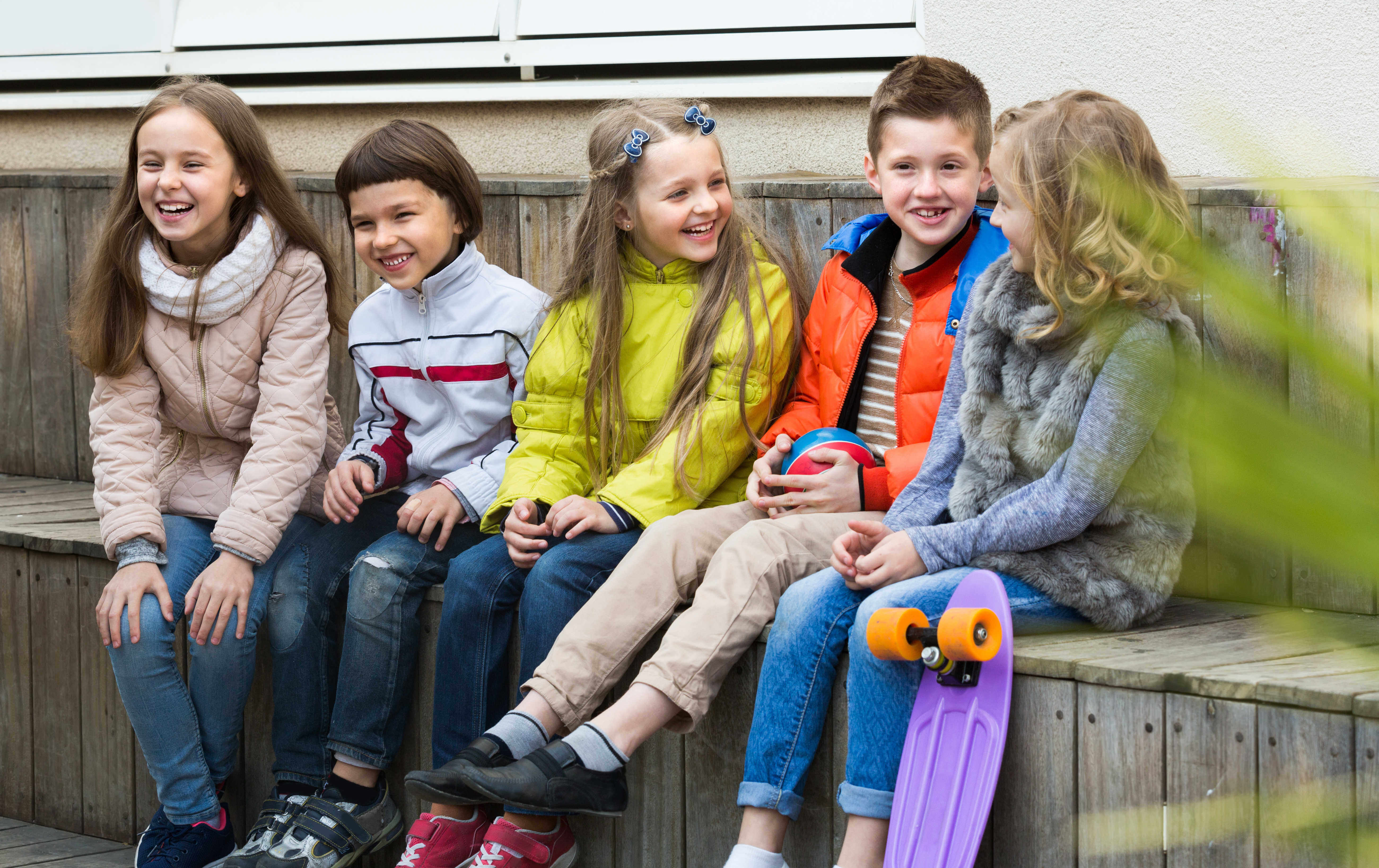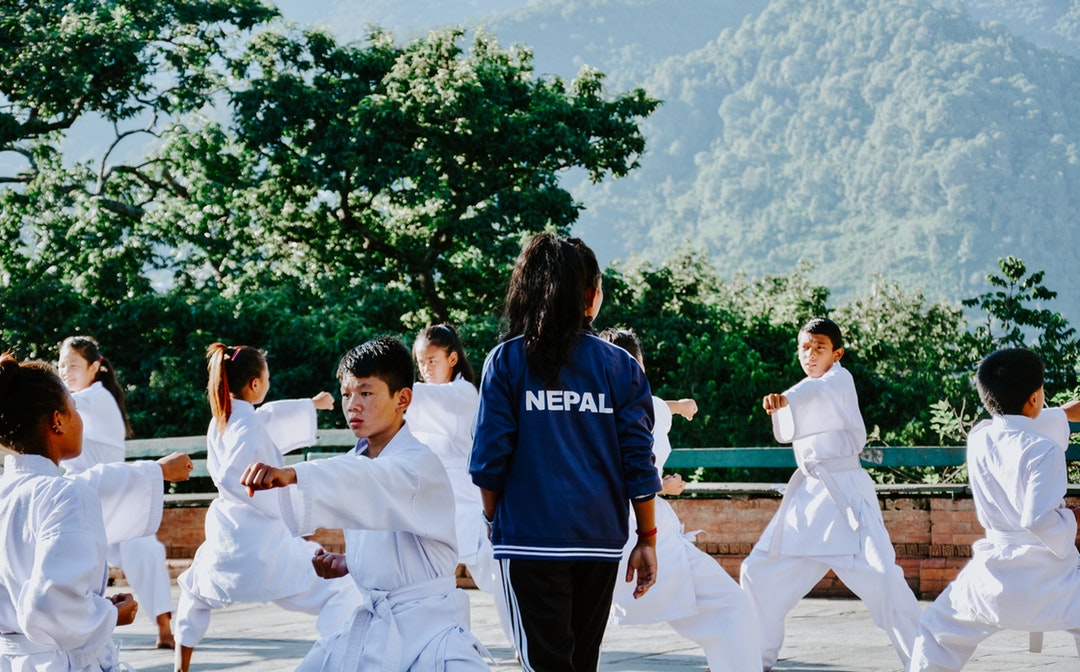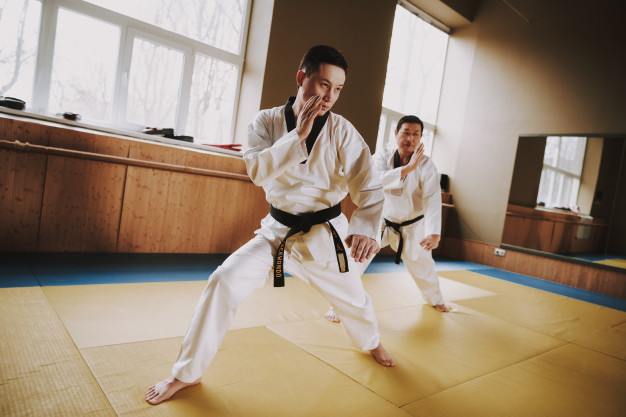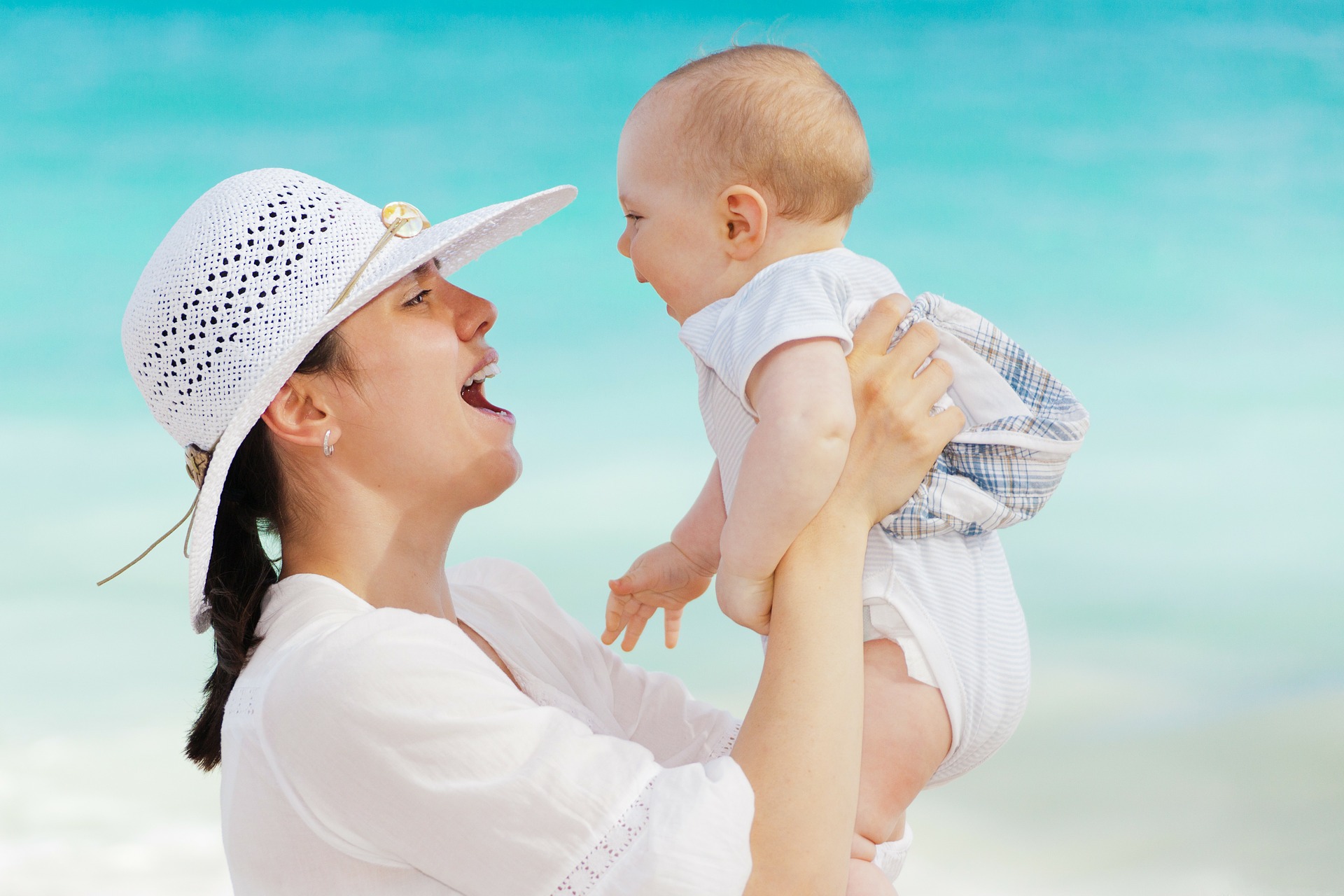Dressing your child right can contribute to their comfort, self-confidence, and even their success in school.
So, the question is, how well are you dressing your kids to meet their needs?
Each kid is different and so their various personalities, needs, and your family’s personal priorities will vary. However, there are a few basic ways to choose the right designer clothes for newborns that will arm them to feel and look their best.
Choosing the Right Clothing for Kids:
Many parents tend to feel that overindulging their kids and dressing them in the latest “trends” is the best way to go. According to research, the opposite may be true.
When it comes to picking what your kids wear, three main factors are key:
1. Budget:
Let’s be honest, even the most adorable Easter outfit is going to fit your little stud or doll for only one season.
Kids grow way too fast to consider spending huge amounts of money on designer kid’s clothing reasonable.
You can maintain a wise clothing budget that accounts for the small amount of time your child will wear those clothes, and still find cute clothes for girls and boys to help them look stylish.
One thing that may help is to establish a clothing budget before hitting the racks. How often do your kid’s need a wardrobe update? If you have an active child that wears through things often, a slightly higher budget may be appropriate.
Regardless of what budget you decide on, having it pre-determined will help you choose cute clothes for your kids, without breaking the bank.
2. Durability:
While a proper budget is vital to styling your kids well, the old adage, “buy nice or buy twice,” is still important.
You can maintain that budget without resorting to getting “cheap” clothes that will just fall apart as soon as they hit the playground.
If you’re a fan of designer clothing’s durability but it doesn’t suit your budget, try shopping at an outlet or hitting the season end sales. You can find great quality clothing—designer status—that doesn’t cost much.
At the end of the day, you don’t want your kids coming home with holes in their knees and toes poking through shoes.
3. Comfort and Personality:
If your kid’s clothing suits their personality, they are going to be comfortable in it.
Clothing material and fit are important to comfort (of course), but what style of clothing you choose also adds to how comfortable your little one feels in their own shoes—literally.
Don’t choose ultra-tight skinny jeans for your daughter if she loves to run and jump on the playground. If your son likes basketball but has a fear of dinosaurs, opt for the “nothing but net,” shirt instead of the T-rex.
You get the idea. Just like adults, kids are freer to be themselves and enjoy life if they feel good in what they’re wearing.
Get Your Kid’s Style Organized:
Now that you’re geared up and ready to choose the best clothing for kids that will help them thrive and enjoying being alive in, how about getting their closets ready too?
Check out these 10 helpful kid closet organization tips before you hit the mall and start shopping. Happy styling!
Read Also:






















